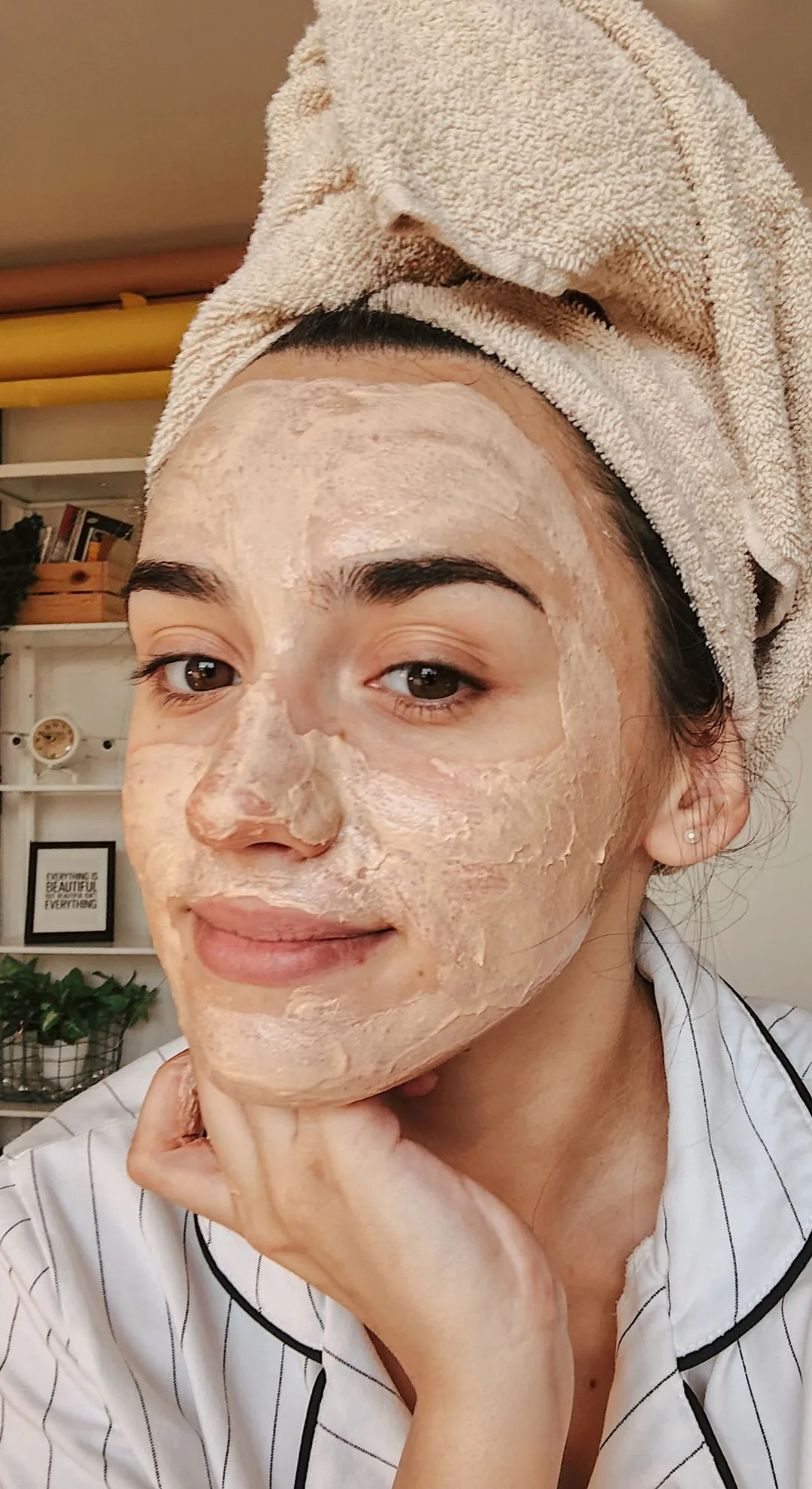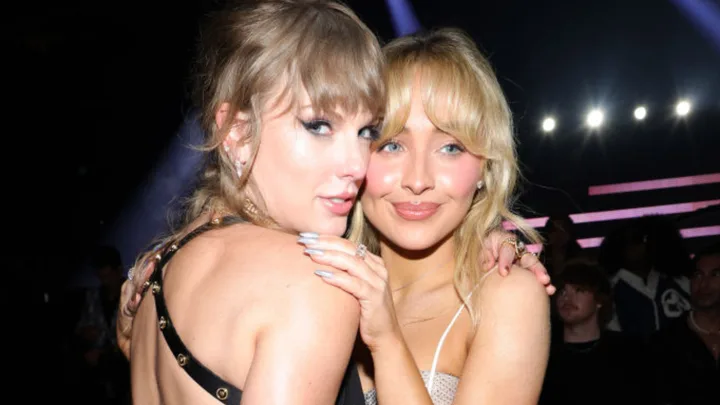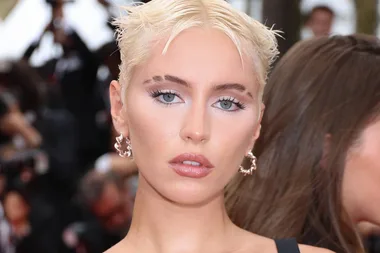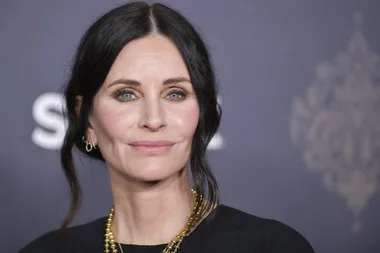Despite their youth, Gen Z seem to be the generation most concerned about ageing. With their retinol and anti-ageing skin care ingredient obsession, this generation are desperately trying to slow the ageing process down—and who can blame them? They’ve come of age in a time of terrifying age filters, baby Botox and 10-year-old skincare influencers.
While their obsession with ageing is understandable, is it really necessary? Online, there seems to be a growing notion that it is, with many people observing that the generation seems to be ageing at a faster pace than ever before.
According to 26-year-old Jordan Howlett, who goes by @jordan_the_stallion8 on TikTok, says people usually think he’s older than he actually is, even mistaking his mother for his younger sister.
While Howlett places the blame on the stress and pressure younger generations are under in regards to their careers, money and inflation, other people have suggested that Gen Z’s affinity for vaping, video games and cosmetic procedures is responsible.
But is this notion even true? Are Gen Z’s really ageing faster than older generations? To get a better understanding of this phenomenon, we consulted Dr Clara Hurst, Founder BLANC SKIN & Co-Founder of The Secret Skincare for her opinion.

Are Gen Z’s Really Ageing Faster Than Millennials?
If you think that Gen Z are ageing a little faster than other generations, then you wouldn’t be alone.
Dr Hurst believes that there are definitely some differences between the generations, telling marie claire Australia “we’re seeing a noticeable change in how younger generations are ageing.”
However, Dr Hurst also notes that there’s a difference between “‘ageing faster’ and ‘looking older.'”
This means that the some of changes might not necessarily be ageing changes, and simply certain beauty choices that can make someone look older than they actually are.
Why Are Gen Z Ageing Faster?
Dr Hurst believes there are a variety of factors contributing towards Gen Z’s older appearance.
“Much of this has to do with lifestyle choices and the exposure to unrealistic beauty standards online,” Dr Hurst explains.
“Gen Z have a heightened awareness of beauty treatments and skincare trends, and for most of their lives they have been exposed to celebrities and influencers with contoured appearances, perfect skin, and flawless makeup.”
Dr Hurst believes that the pressure to meet these beauty standards from a younger age has probably made Gen Z more likely to make beauty choices that are more suited to older women.
“The pressure to look a certain way can result in the overuse or unnecessary use of cosmetic enhancements and contribute to an older appearance.”
Compared to other generations, Gen Z are also much more educated on skin care—and that’s not always a good thing.
“The challenge is filtering through all the information available at their fingertips,” Dr Hurst explains. “There is a lot of misinformation out there, which contributes to young people using too many skincare products, unnecessary ingredients, and complicated routines, which can easily damage the skin barrier.
Ironically, the products and procedures used by Gen Z are actually the very things making them look prematurely older.
Dr Hurst also doesn’t discredit the impact of lifestyle choices, explaining that the popularity of vaping and sun tanning aren’t having good effects.
“The harmful effects on our health, body and skin aren’t being talked about enough. Anyone who is looking to take better care of their skin health, should consider making changes to these lifestyle choices, which contribute to premature ageing.”
Luckily, Dr Hurst believes unrealistic beauty standards are on their way out.
“We are slowly seeing a shift towards a more natural look and subtle enhancements, which Gen Z are embracing,” Dr Hurst says. “The good news is that Gen Z are taking more of an interest in their skin than millennials did at their age.”
Essentially, there’s still hope for Gen Z.



